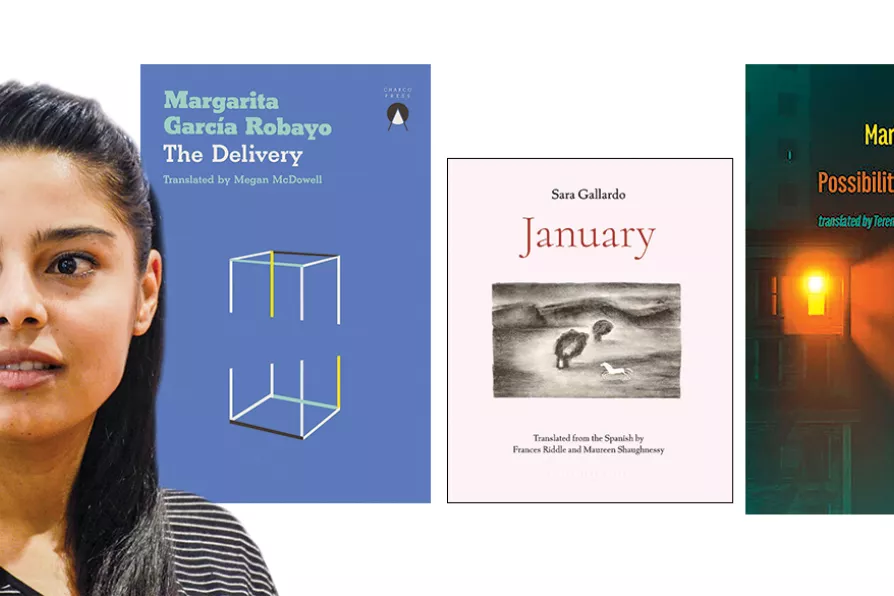MATTHEW HAWKINS contrasts the sinister enchantments of an AI infused interactive exhibition with the intimacies disclosed by two real artists

 (Left) Margarita Garcia Robayo
[Kaloian-Ministerio de Cultura de la Nacion Argentina/CC]
(Left) Margarita Garcia Robayo
[Kaloian-Ministerio de Cultura de la Nacion Argentina/CC]
THE main protagonist in Margarita Garcia Robayo’s fast-paced novel The Delivery (Charco Press, £11.99) is a young Colombian woman writer living in Buenos Aires who often wears a T-shirt with the words “Rabid Fox” on it.
This is quite telling for a character who enjoys looking at half-finished and empty buildings, is despised by most of her neighbours for being “weird” and who thinks that families “are ambushes” and “flammable places.”
She will suddenly receive an enormous package from her sister that will eventually disrupt her daily life and will make a “fissure” in the real world. Robayo masterfully constructs a story of family ghosts and memories that put into question what it means to leave behind a country, family and friends for a new place.

A ghost story by Mexican Ave Barrera, a Surrealist poetry collection by Peruvian Cesar Moro, and a manifesto-poem on women’s labour and capitalist havoc by Peruvian Valeria Roman Marroquin

LEO BOIX introduces a bold novel by Mapuche writer Daniela Catrileo, a raw memoir from Cuban-Russian author Anna Lidia Vega Serova, and powerful poetry by Mexican Juana Adcock

A novel by Argentinian Jorge Consiglio, a personal dictionary by Uruguayan Ida Vitale, and poetry by Mexican Homero Aridjis











